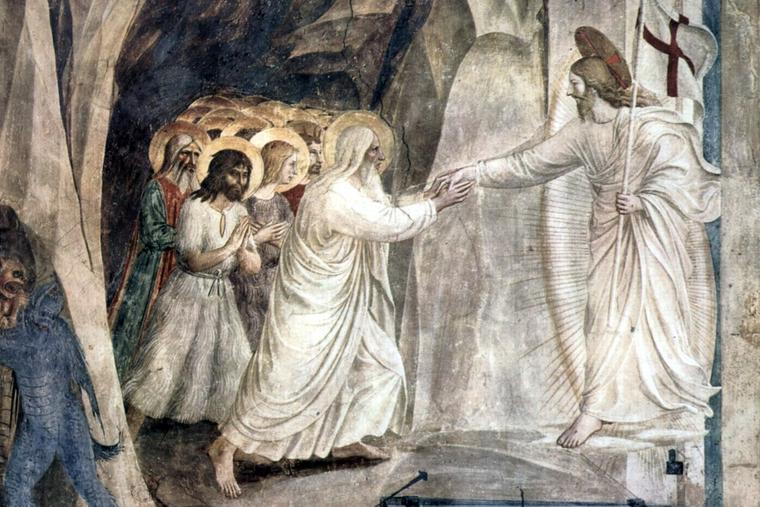- Feb 5, 2002
- 166,633
- 56,268
- Country
- United States
- Faith
- Catholic
- Marital Status
- Married
- Politics
- US-Others
COMMENTARY: The Pope’s recent off-the-cuff remarks have provided a teaching moment on universalism and reality.
Pope Francis stirred up controversy with an informal remark concerning hell that he made Jan. 14 in an hourlong live interview with a popular Italian television program.
While acknowledging that this is only his personal view, not “a dogma of faith,” the Holy Father speculated that hell may be empty and expressed the hope that it is the case: “What I am going to say is not a dogma of faith, but my own personal view: I like to think of hell as empty; I hope it is.”
First of all, what is “dogma”?
In brief, a dogma is a declaration of the Church concerning a truth revealed by God that is necessary for our salvation. And while the Pope is only offering his personal speculation about the possibility of hell being empty, which he hopes it is, and he is clear that this is not official Church teaching, it is nevertheless still extremely damaging.
It plays into a widespread sympathy towards a heresy called “universalism,” which teaches that perhaps — or certainly — everyone will eventually end up in heaven. In some variations, even the devil and the demons will be saved. But more about this later.
In this environment, then, it is extremely important that we know what God has revealed to us about the reality of hell and how possible it is to end up there. Unfortunately, these very important truths are seldom preached about or taught. But the good news is the Pope’s remarks allow for a teaching moment, where attention to these truths can be paid.
Continued below.

 www.ncregister.com
www.ncregister.com
Pope Francis stirred up controversy with an informal remark concerning hell that he made Jan. 14 in an hourlong live interview with a popular Italian television program.
While acknowledging that this is only his personal view, not “a dogma of faith,” the Holy Father speculated that hell may be empty and expressed the hope that it is the case: “What I am going to say is not a dogma of faith, but my own personal view: I like to think of hell as empty; I hope it is.”
First of all, what is “dogma”?
In brief, a dogma is a declaration of the Church concerning a truth revealed by God that is necessary for our salvation. And while the Pope is only offering his personal speculation about the possibility of hell being empty, which he hopes it is, and he is clear that this is not official Church teaching, it is nevertheless still extremely damaging.
It plays into a widespread sympathy towards a heresy called “universalism,” which teaches that perhaps — or certainly — everyone will eventually end up in heaven. In some variations, even the devil and the demons will be saved. But more about this later.
In this environment, then, it is extremely important that we know what God has revealed to us about the reality of hell and how possible it is to end up there. Unfortunately, these very important truths are seldom preached about or taught. But the good news is the Pope’s remarks allow for a teaching moment, where attention to these truths can be paid.
Continued below.

What Does the Catholic Church Teach About the Occupancy of Hell?
COMMENTARY: The Pope’s recent off-the-cuff remarks have provided a teaching moment on universalism and reality.
